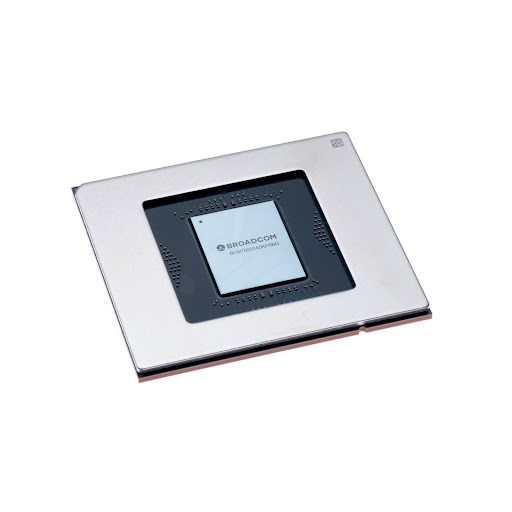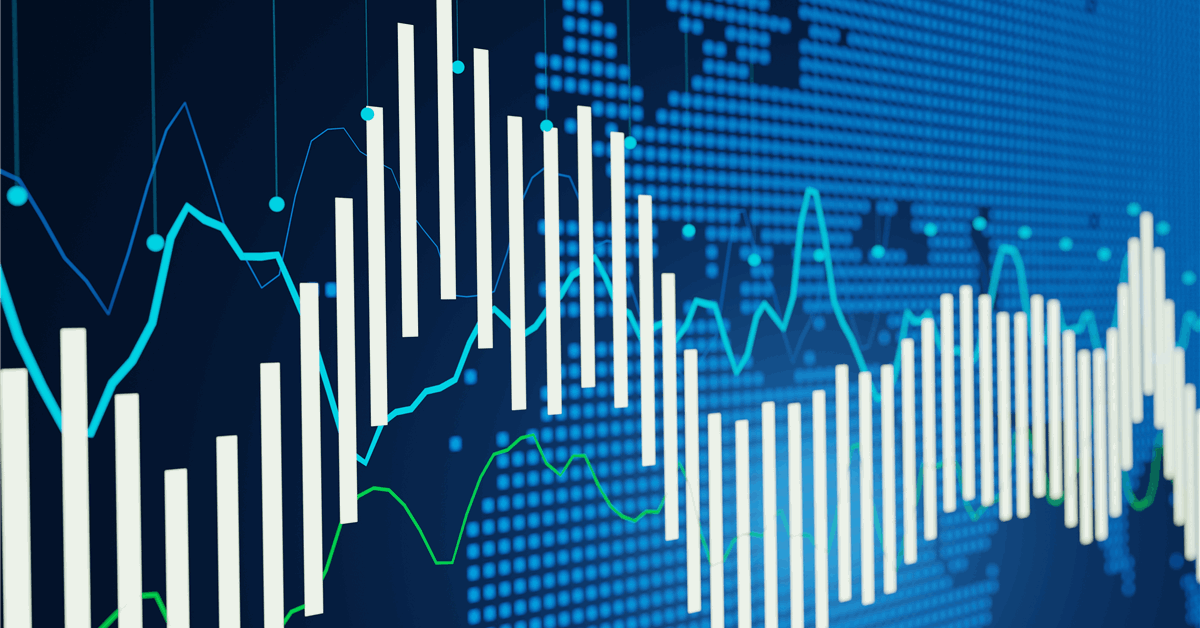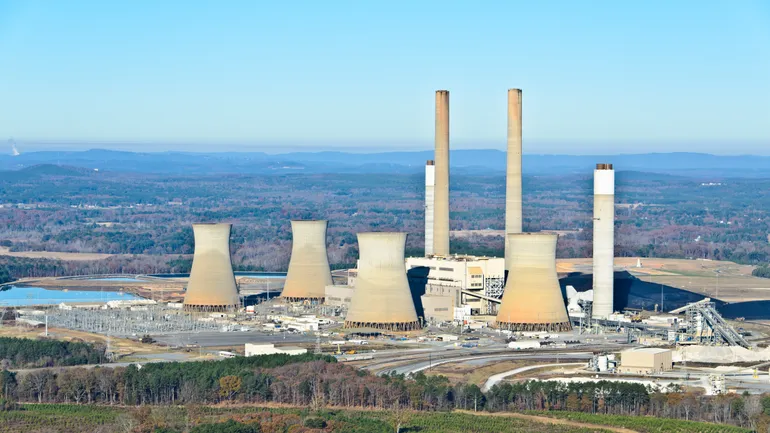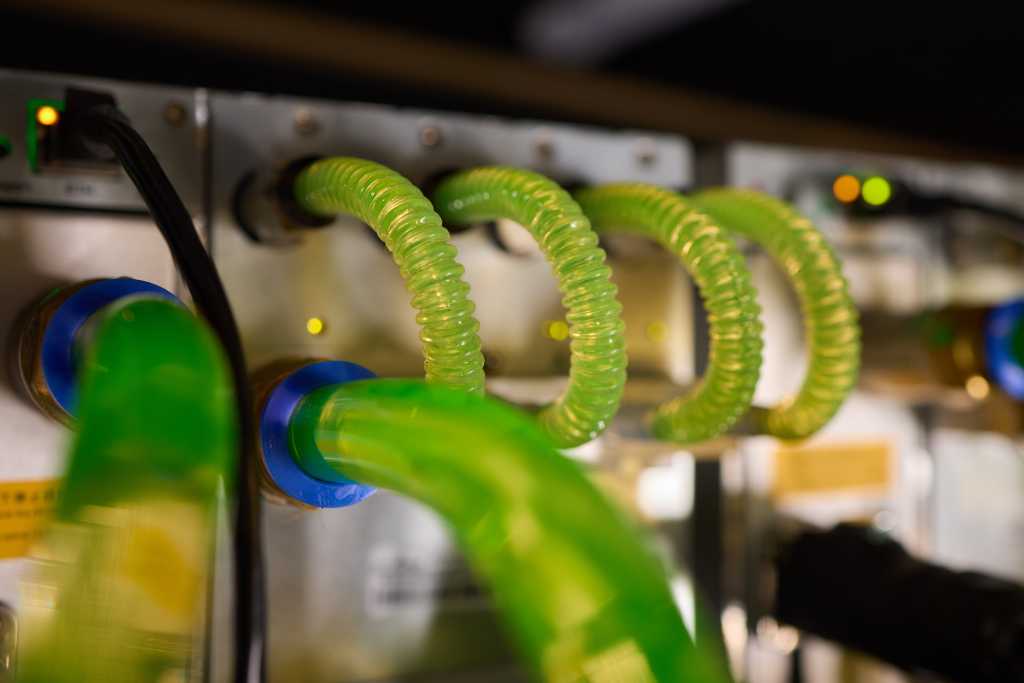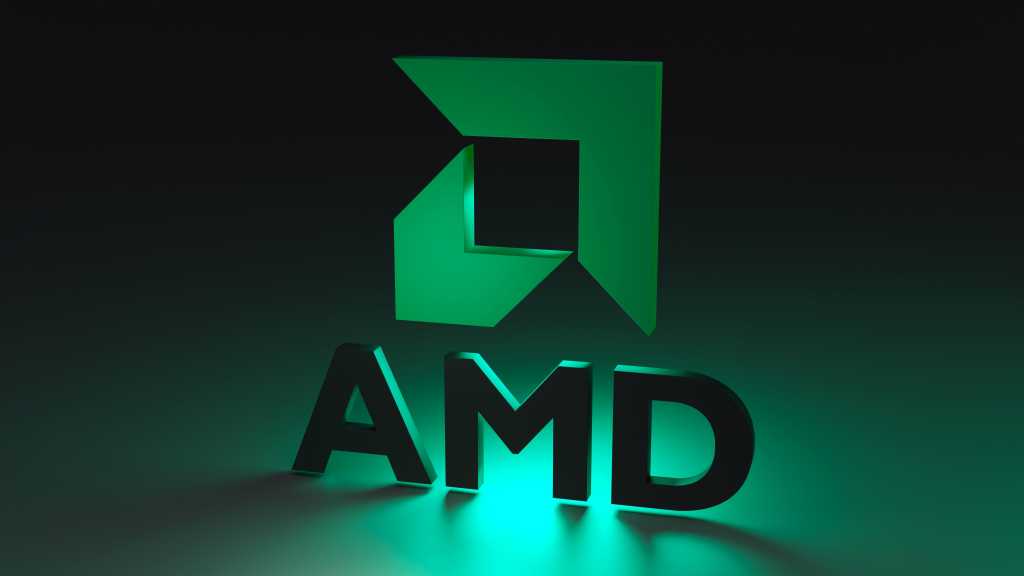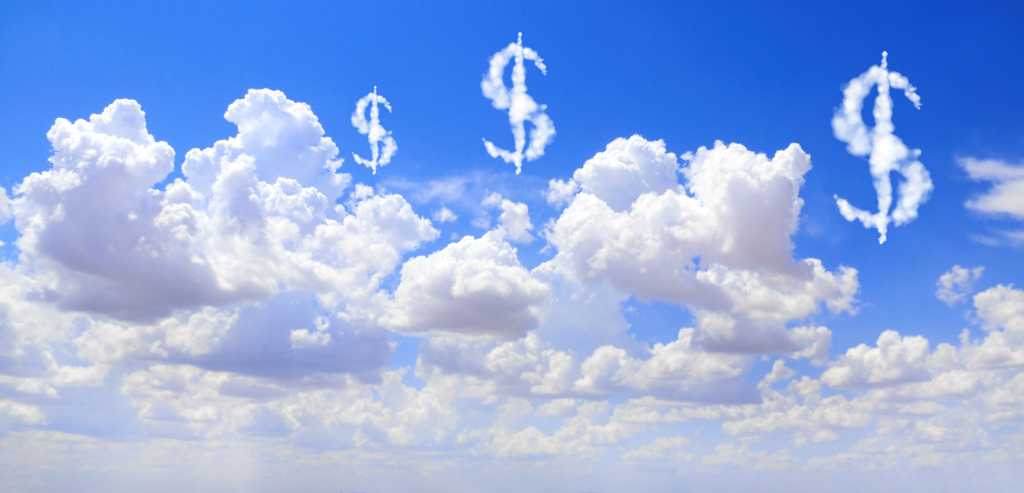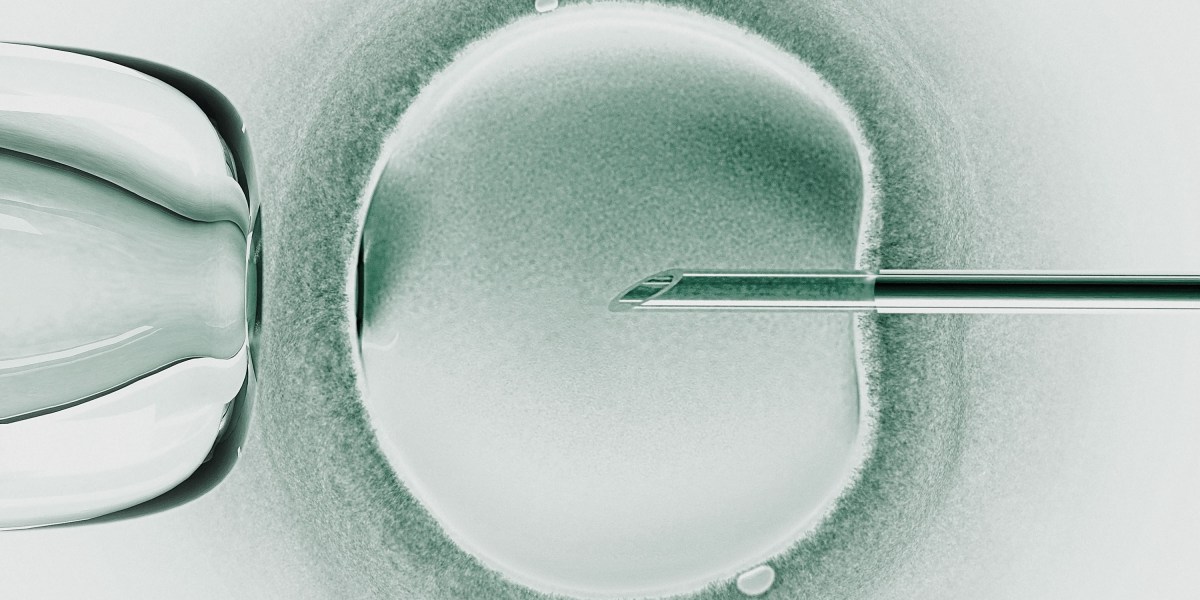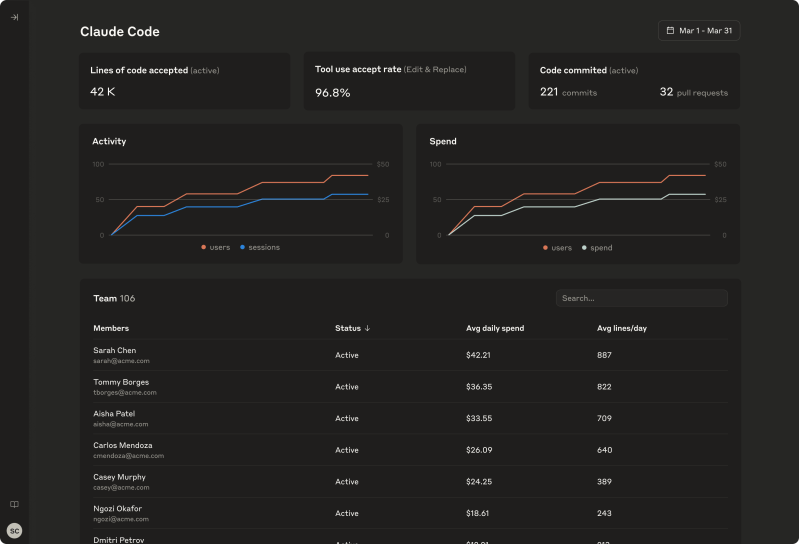
The European Commission rolled out Wednesday a mechanism for coordinated purchases of hydrogen, the first mechanism under the EU Energy and Raw Materials Platform.
The online platform allows EU buyers to offer demand for biomethane, natural gas, hydrogen and raw materials. It seeks to give EU companies a cost-effective and efficient access to such commodities by enabling negotiations with competing suppliers. The Commission’s Directorate-General for Energy said more products may be covered in the future.
The Hydrogen Mechanism is “designed to support the market development of renewable and low-carbon hydrogen and its derivatives (ammonia, methanol, electro-sustainable aviation fuel)”, the Directorate said in an online statement.
“The first round of matching demand and supply is planned for September 2025”, it added.
The Hydrogen Mechanism will operate until 2029 under the European Hydrogen Bank, as specified under the European Union’s “Regulation on the Internal Markets for Renewable Gas, Natural Gas and Hydrogen”. The Hydrogen Bank is an EU Innovation Fund financing platform to scale up the renewable hydrogen value chain in the 27-nation bloc and partner countries.
Energy and Housing Commissioner Dan Jorgensen said, “With the Hydrogen Mechanism launched today, we empower the European industry to seize competitive opportunities while advancing towards greater security of supply and decarbonization”.
A Commission information page about the platform says, “The EU Energy and Raw Materials Platform enables the collection and exchange of market data, information about demand and supply, demand aggregation, and joint purchasing of energy-related products and raw materials. The Platform fosters collaboration, efficiency, and transparency in finding counterparts”.
“It does not directly provide financing or support negotiations which may take place, outside of the Platform, between Participants following their connections through the Platform”, the page says.
However, financial institutions may participate in the platform to publish information about their financing offers, the page says.
The two other mechanisms under the platform – the Gas Mechanism and the Raw Materials Mechanism – will launch “in the coming months”, the Directorate’s statement said.
The Gas Mechanism is expected to replace AggregateEU, a mechanism in which gas suppliers compete to book demand placed by companies in the EU and its Energy Community partner countries. AggregateEU has been extended, having initially been meant only for the 2023-24 winter.
In March 2025 the Directorate said a second midterm round for AggregateEU matched nearly 20 billion cubic meters (706.29 billion cubic feet). Midterm rounds offer six-month contracts for potential suppliers during a buyer-seller partnership of up to five years.
The Directorate said February 1, 2024, announcing the first midterm tender, “In early 2024, with the effects of the energy crisis still not over, AggregateEU is introducing a different concept of mid-term tenders in order to address the growing demand for stability and predictability from buyers and sellers of natural gas”.
“Under such tenders, buyers will be able to submit their demand for seasonal 6-month periods (for a minimum 1,800,000 MWh for LNG and 30,000 for NBP per period), going from April 2024 to October 2029″, the Directorate said then. “This is intended to support sellers in identifying buyers who might be interested in a longer trading partnership – i.e. up to 5 years”.
NBP gas, or National Balancing Point gas, refers to gas from the national transmission systems of EU states.
A total of seven rounds have been conducted under AggregateEU, pooling over 119 Bcm of demand and attracting 191 Bcm of offers. Nearly 100 Bcm have been matched, according to the latest results announcement March 26, 2025.
“In line with the Hydrogen and Decarbonized gases package, the Commission is now working on establishing a permanent instrument for the joint purchasing of gas and of other similar mechanisms for the demand aggregation of important commodities such as hydrogen and critical raw materials”, the announcement said.
To contact the author, email [email protected]

